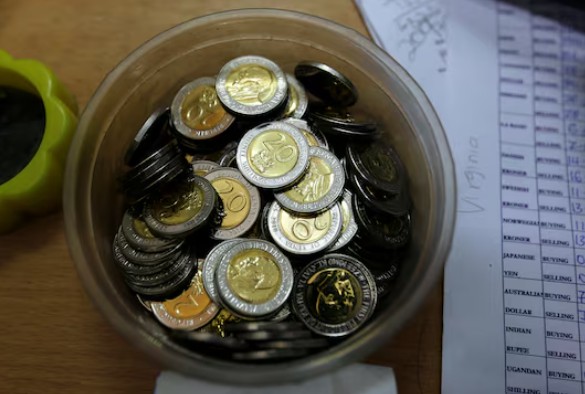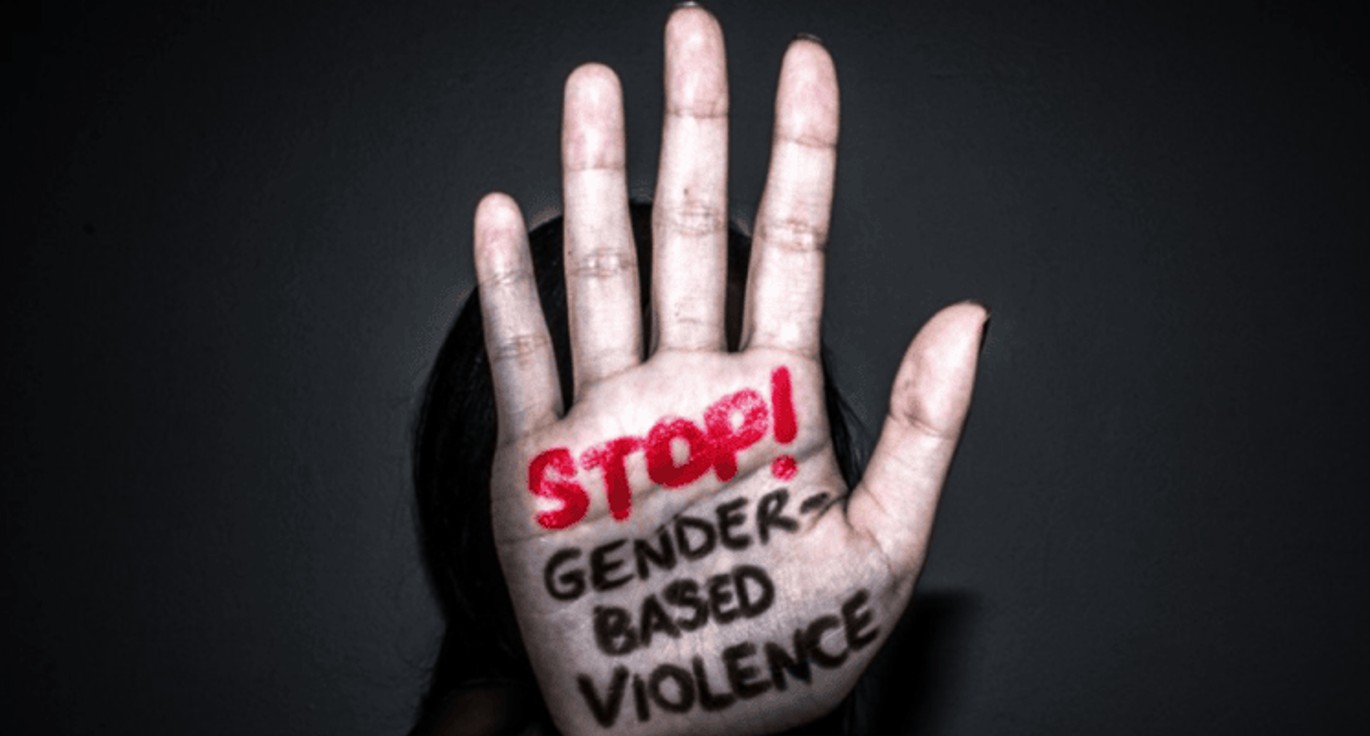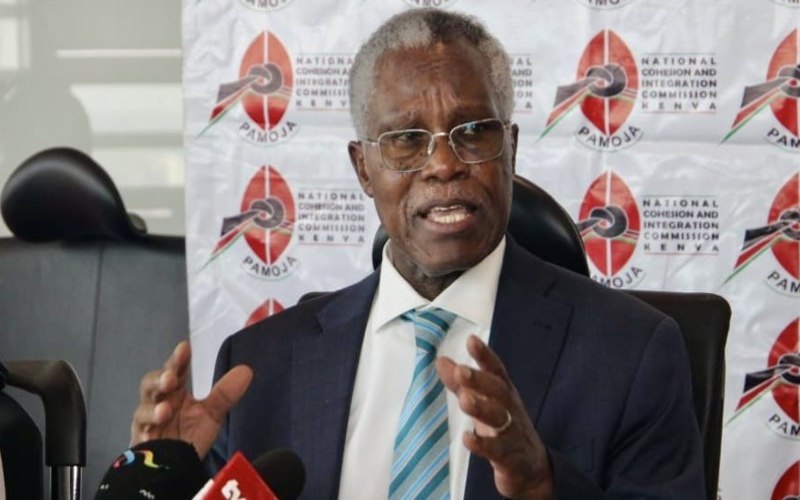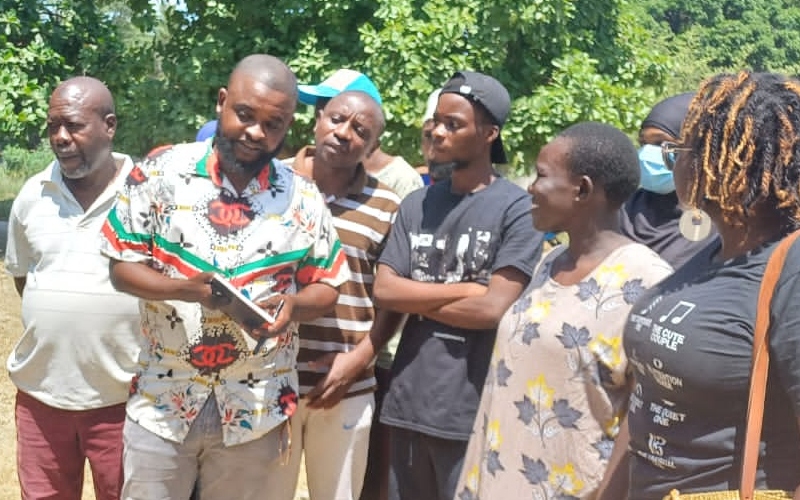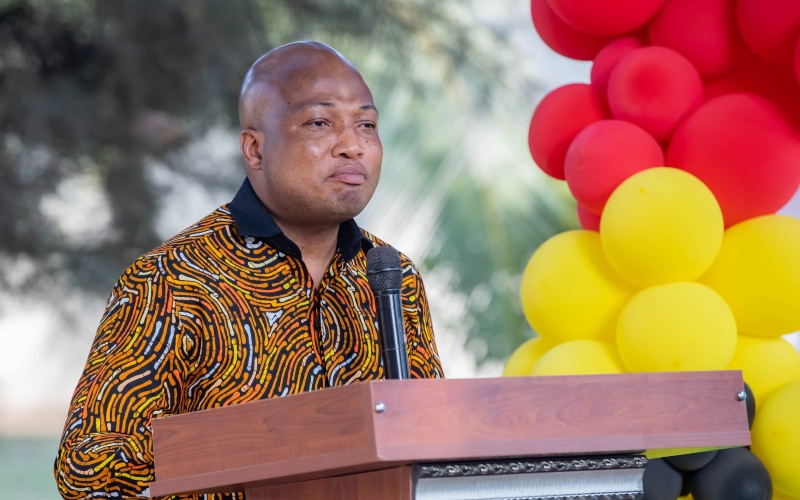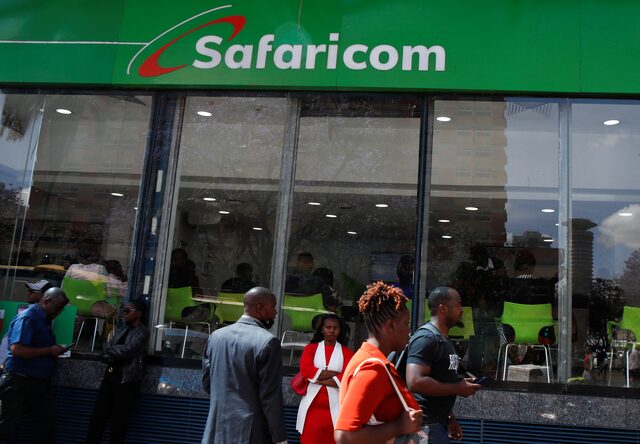KUPPET proposes overhaul of funding, abolition of bursaries in fresh push for fully free public education system
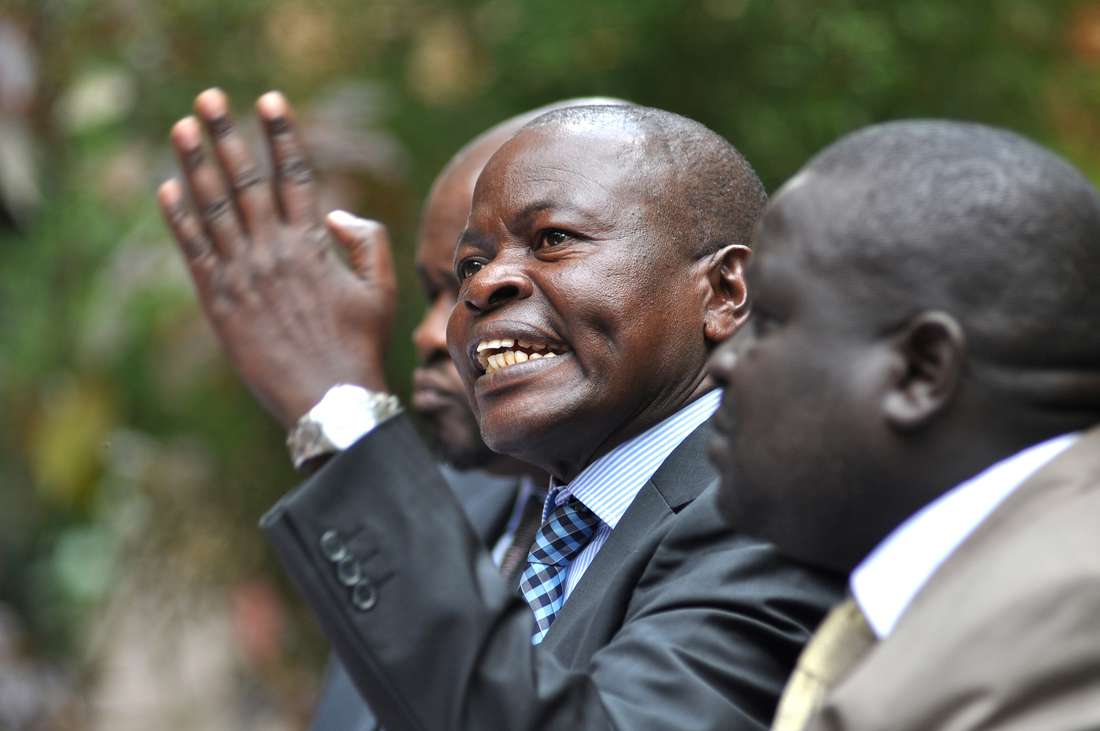
At the top of KUPPET’s demands is the immediate release of the entire capitation for the 2025 academic year, well before the third and final term begins later this month.
The Kenya Union of Post Primary Education Teachers (KUPPET) has called for a complete overhaul of education financing in Kenya, proposing the abolition of bursaries and scholarships in favour of a fully free public education system.
Speaking during a press briefing, KUPPET Secretary General Akelo Misori warned that unless the government takes immediate steps to fully finance schools, a nationwide classroom shutdown could be inevitable due to chronic underfunding.
More To Read
- Labour Ministry warns KUPPET over ‘illegal’ election plans using suspended amendments
- Teachers to stay in same schools after promotions under new TSC policy
- TSC announces recruitment of 9,159 teachers nationwide
- KUPPET flags stalled promotions, internship contracts for teachers
- John Okoth Ogutu’s killing in Tanzania exposes grim reality for jobless Kenyan teachers
- KUPPET calls for urgent evacuation of 150 Kenyan teacher trainees stranded in Tanzania
“As a union, we are asking the President to courageously confront the mistakes that have been made in policymaking and make immediate decisions on the following key issues affecting the education sector,” Misori said on Sunday.
At the top of KUPPET’s demands is the immediate release of the entire capitation for the 2025 academic year, well before the third and final term begins later this month. Misori said schools were struggling with unpaid bills and mounting debts due to delays in funding.
“The Cabinet Secretary for Treasury should immediately release the entire capitation for the academic year 2025 so that schools can address pressing financial obligations ahead of the term three opening later this month,” he said.
KUPPET also urged the government to allocate adequate resources to the Teachers Service Commission (TSC) for the promotion of 130,000 teachers who had already submitted promotion requests in the previous financial year. Misori said the stagnation had led to demoralisation among teachers despite gains secured under the current Collective Bargaining Agreement (CBA).
Additionally, the union called for the immediate hiring of 20,000 teachers, a pledge President William Ruto made during this year’s Labour Day celebrations. Misori highlighted the country’s acute teacher shortage, particularly in Junior Secondary Schools (JSS), which now stands at over 106,000.
“There are nearly 300,000 trained but unemployed teachers in the country. The President must honour his Labour Day promise, and the government must release a budget for immediate recruitment,” he said.
He argued that the challenges in JSS were worsened by the government’s decision to place the new level within primary schools, contrary to the original transition plan proposed by the late Education Cabinet Secretary George Magoha.
“Equipping 23,000 primary schools to host JSS is costly, while over 12,000 secondary school classrooms and laboratories remain idle. The problem isn’t just a lack of teachers or resources, it’s a fundamentally flawed structure,” Misori said.
He cited a recent visit to one JSS with 400 learners, which lacked sufficient staff to effectively teach science, technology, engineering, mathematics (STEM) and the arts.
Despite backing the idea of free public education, Misori admitted that education remains a costly venture that cannot rely on public funding alone, unless the government restructures its policy.
“Education is not a cheap matter—it is very expensive. Someone has to pay for it. If taxpayers alone cannot support free education, then parents must be ready to dip into their pockets,” he said.
He proposed a national forum bringing together political leaders and education stakeholders to craft a sustainable, long-term education financing policy, suggesting that abolishing piecemeal bursaries and scholarships would allow for a more structured funding model.
His remarks align with recent concerns raised by legislators and secondary school heads, who say the current capitation is inadequate. According to Kenya Secondary School Heads Association (KESSHA) chairperson Willy Kuria, schools receive only Sh16,900 per learner, far short of the required Sh22,244.
Other Topics To Read
“Parents believe everything is paid for, but that’s not the reality. If the government only provides Sh16,900, how are schools expected to meet the shortfall?” Kuria posed.
Misori urged Parliament to introduce a supplementary budget ahead of schools reopening for third term, saying the government must match its promises with action.
“The President says he’s listening to Kenyans and protecting our rights—we take him at his word, but action must follow,” he said.
While acknowledging President Ruto’s decision to retain full capitation at Sh22,244 per student, Misori said it must now be followed by timely disbursement and policy alignment.
“We commend the President for listening to Kenyans. This action, along with the recent decision to reduce public university fees, reflects a renewed commitment to addressing challenges in the education sector,” he said.
Kuppet also criticised the Presidential Working Party on Education Reform, accusing it of worsening the situation in the sector. Misori said the taskforce’s recommendations undermined the Education Cabinet Secretary and led to misplaced priorities, including fee hikes in public universities and the relocation of JSS to poorly equipped primary schools.
“The report undermined the Cabinet Secretary for Education and led to missteps such as the fee hikes in universities and the misplacement of JSS in ill-equipped primary schools,” Misori said.
Top Stories Today
